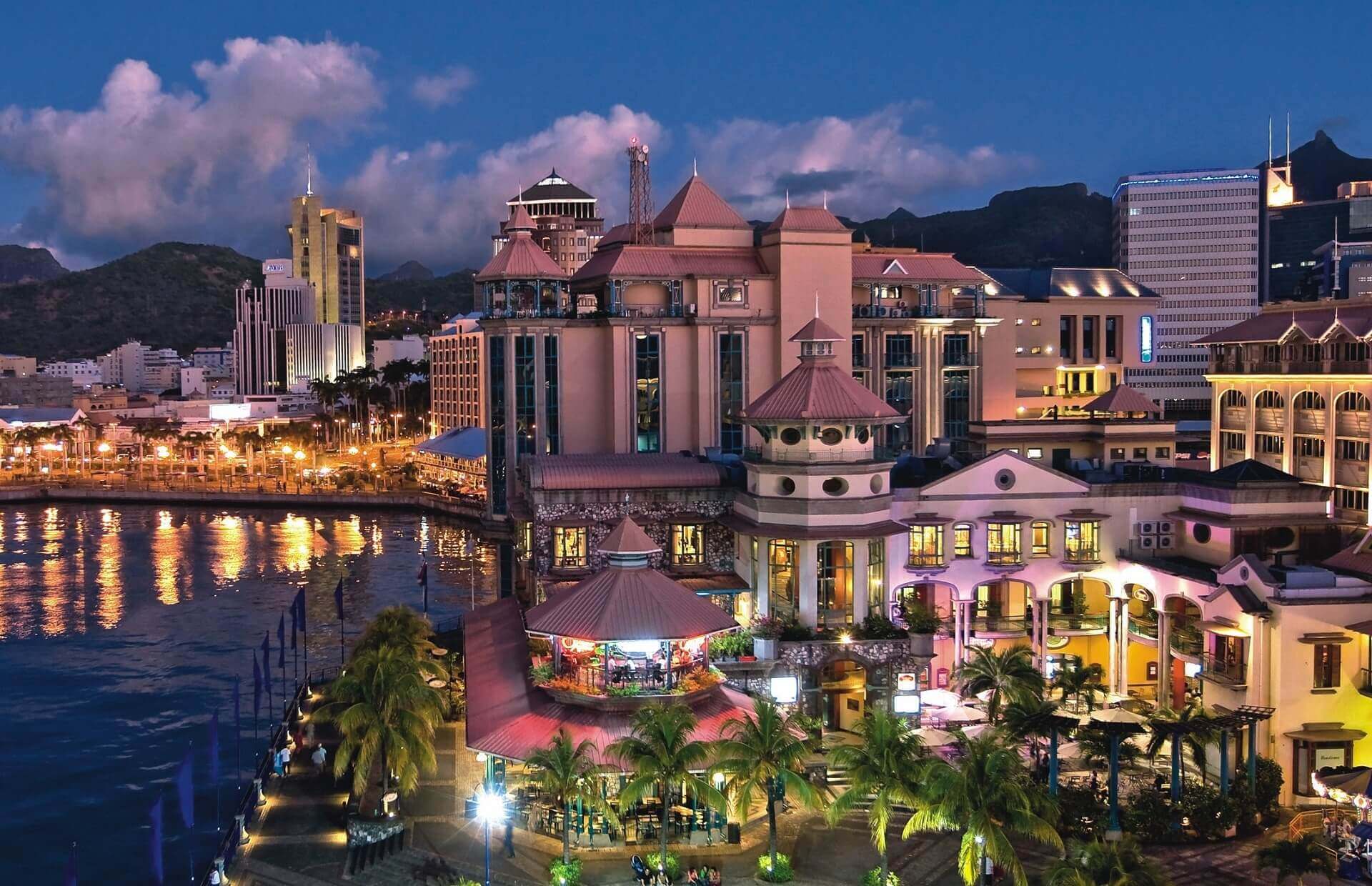Mauritius is an island republic in the Indian Ocean around 2,000 kilometers (1,200 miles) from the African continent’s southeast coast. The country consists of Mauritius, Rodrigues (560 kilometers (350 miles) east, and the outlying islands (Agaléga, St. Brandon, and two disputed areas). The Mascarene Islands include Mauritius and Rodrigues (172 km (107 mi) southwest), as well as neighboring Réunion, a French overseas department. The nation has a total area of 2,040 km2. Port Louis is the country’s capital and major city. Mauritius was a British colonial property from 1810 until its independence in 1968. The official language of the government is English.
During the Middle Ages, the island of Mauritius was visited by the Arabs and subsequently by the Portuguese, who dubbed it Dina Arobi and Cirne, respectively. The island was deserted until the Dutch Republic founded a colony there in 1638, named it after Prince Maurice van Nassau. The Dutch colony was abandoned in 1710, and the island became a French colony five years later, and was renamed Isle de France. Mauritius was regarded as the “star and key” of the Indian Ocean due to its strategic location.
Prior to the construction of the Suez Canal, Mauritius became a major stop on the commercial routes from Europe to the East, and it was embroiled in the lengthy power struggle between the French and the British. The French won the Battle of Grand Port, their sole naval win over the British throughout these conflicts, but they were unable to prevent the British from landing three months later at Cap Malheureux. On the fifth day of the invasion, 3 December 1810, they publicly surrendered on conditions that allowed inhabitants to maintain their land and property, the use of the French language, and the application of French law in criminal and civil affairs. The island became the Empire’s primary sugar-producing colony during British control. Movements to modify labor laws and implement political reforms began to organize in the twentieth century, a trend that intensified after World War II. Following the ratification of a new constitution, the country gained independence on March 12, 1968. Mauritius became a republic within the Commonwealth of Nations in 1992.
Mauritius and the United Kingdom dispute control over the Chagos Archipelago (UK). The archipelago was removed from Mauritian sovereignty by the United Kingdom in 1965, three years before Mauritian independence. The UK steadily depopulated the archipelago’s indigenous inhabitants and leased the archipelago’s largest island, Diego Garcia, to the US. The archipelago is off-limits to casual tourists, the media, and previous residents. Mauritius also claims French control over Tromelin Island.
Mauritius’ population are multiethnic, multireligious, multicultural, and multilingual. The island’s government is based on the Westminster parliamentary system, and Mauritius ranks well in terms of democracy as well as economic and political freedom. Mauritius, like the other Mascarene Islands, is noted for its diverse flora and fauna, with many species indigenous to the island. The island is well-known for being the sole known habitat of the dodo, which, along with numerous other bird species, was wiped off by human activity not long after the island’s colonization. Mauritius is the only African country where Hinduism is the dominant religion.


